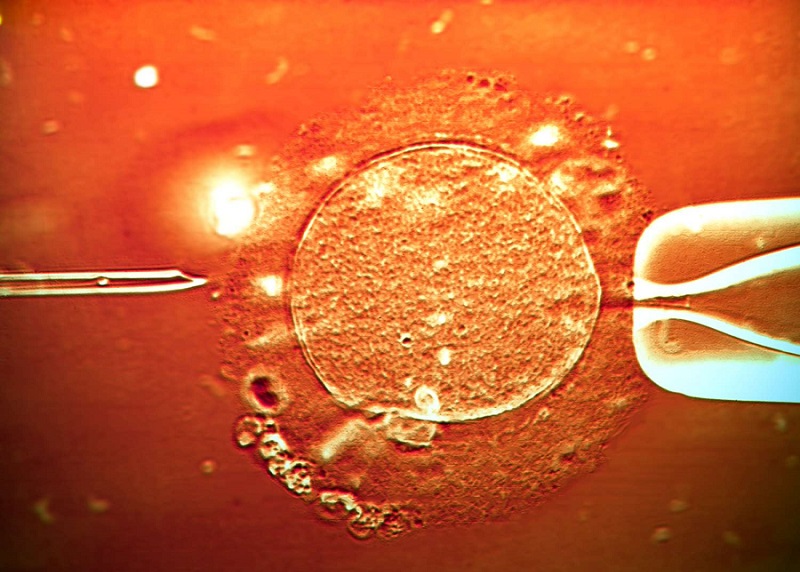When it comes to assisted reproductive technologies (ARTs), success is everything for those who want to be parents. There’s no doubt that Intracytoplasmic Sperm Injection (ICSI) is one of the most ground-breaking methods that give hope to couples struggling with infertility. This blog takes an exploratory approach to understanding different aspects that affect success rates during ICSI treatment in Delhi vis-à-vis In Vitro Fertilization (IVF), such as age, diagnosis, and quality of eggs and sperm.
- Age Factor
Time is a determinant factor for fertility. So, both ICSI and traditional IVFs’ success rates are influenced by it. Aging or growing older impacts having children biologically. However, ICSI in any ICSI Treatment Centre in Delhi is slightly better than IVF in this matter, especially among aged populations.
In a typical IVF, eggs are mixed with sperm in a petri dish to allow natural fertilization. This technique might not work well when the problem lies with the man’s low sperm count or poor sperm quality.
In ICSI, a single sperm is injected into an egg using special micromanipulation tools. By doing this, Dr Shivani Sachdev Gour can get around any obstacles that would normally prevent fertilization from occurring naturally. That is why ICSI is more successful than traditional methods for couples with male factor infertility or other conditions affecting conception.
- From Diagnosis to Conception
Success rates of ARTs largely depend on infertility diagnoses, which guide the choice of treatment method. Male factor infertility creates problems that hinder fertilization. But this does not stop with finding its solution through ICSI where barriers can be bypassed for higher chances for successful conception.
- Successful Outcome through Optimal Gametes
Quality should be considered when dealing with eggs and sperm used in ART procedures since without them there won’t be any achievements recorded. We need to demystify how good or bad gametes affect fertilization results and then look at the precision-based nature of ICSI which addresses compromised reproductive health-related challenges during IVFs.
Conclusion
The success of the method ICSI, employed by SCI IVF Hospital, which is also the best IVF centre in Delhi NCR, stands like a lighthouse in our journey through complex landscapes of assisted reproduction technology for people struggling with childbearing because of their inability to conceive naturally. It is resilient because it overcomes limitations set by age, diagnosis, and quality to provide fertile ground for new beginnings with parents who were once considered infertile.
Such triumphs reflect the unwavering human spirit which never gives up even when faced with insurmountable odds in search of brighter days ahead through scientific breakthroughs that redefine what is possible in the world of fertility.






